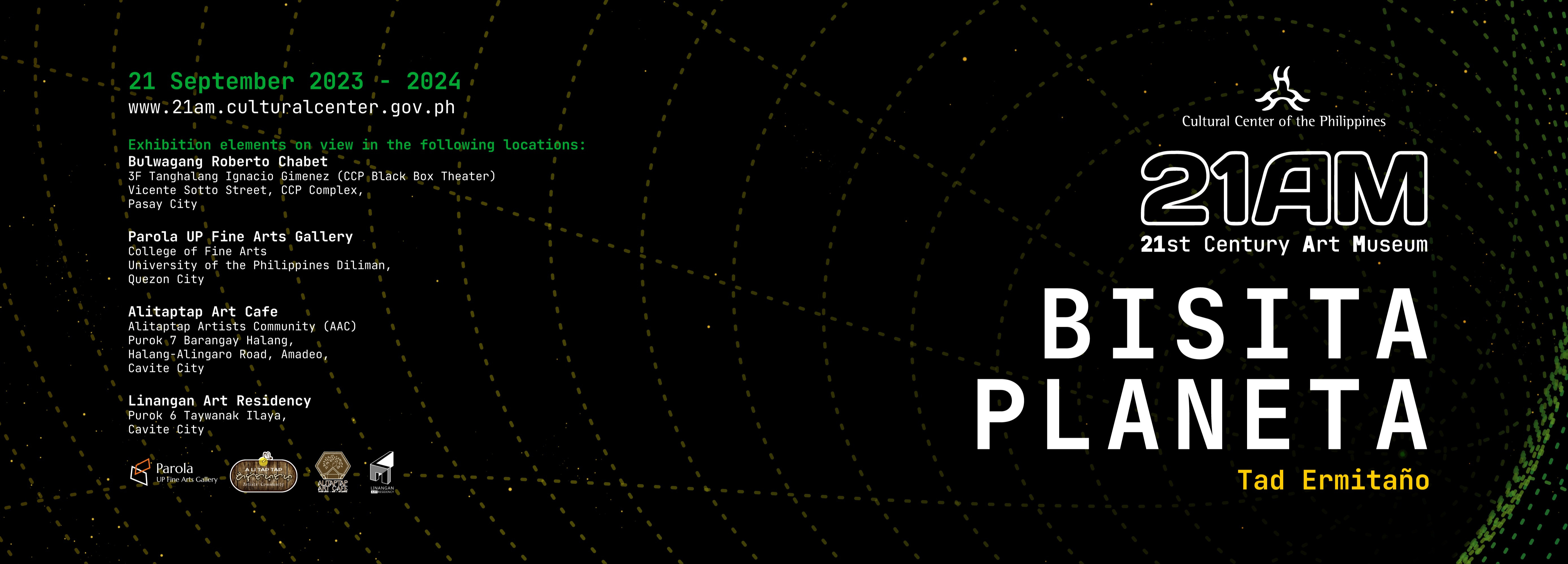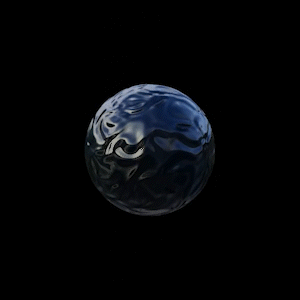
Bisita Planeta
September 21, 2023 - September 21, 2024
Bisita Planeta is a generative audio composition, played by automated instruments placed in different physical locations. The automated instruments play different parts of a composition that can only be listened to in its contrapuntal entirety online, via the 21st Century Art Museum (21AM) website. It juxtaposes the real world as perceived by our senses to the virtual world also presenting for the audience’s inspection and meditation some of the ways the two reflect and intersect. As the instruments send live audio over the internet to the Bisita Planeta website, each instrument is hosted at a physical location that is open to the public, so that anyone who is inclined to do so may visit, inspect and listen to the machine in situ. This mechanism adds aspects of pilgrimage and collection to the work, encouraging members of the audience to visit its distributed, far-flung machines as proof of having completed the set of possible visitations. This aspect of a physical pilgrimage is what the title refers to, the other half being the website, where all the parts played by all the instruments may be listened to simultaneously. The title “Bisita Planeta” alludes to the fantasy/science-fiction trope of space-time wormholes/portals to other worlds and planets, while also referencing the Filipino practice of “Bisita Iglesia.”
Artist
Tad Ermitaño
About
A key figure in new media art in the Philippines and Southeast Asia whose practice began in the late 1980s, Tad Ermitaño co-founded the media collective Children of Cathode Ray, along with Jing Garcia, Regiben Romana, Magyar Tuason, Blums Borres, and Peter Marquez. Children of Cathode Ray (CCR) was one of the first experimental sound art groups of the Philippines. Ermitaño graduated from the Philippine Science High School in 1981, studied Zoology at the University of Hiroshima, and finished a Bachelor’s degree in Philosophy from the University of the Philippines. He trained in video and film production at the Mowelfund Film Institute. His works incorporate artist-created circuits, computer programs, and physical machinery in performances and installations. Notable among his interactive installations are Quartet, (SG 2008); Gangsa (SG 2013); Twinning Machine (SG 2014); and Uwang, (Art Fair Philippines 2015).

